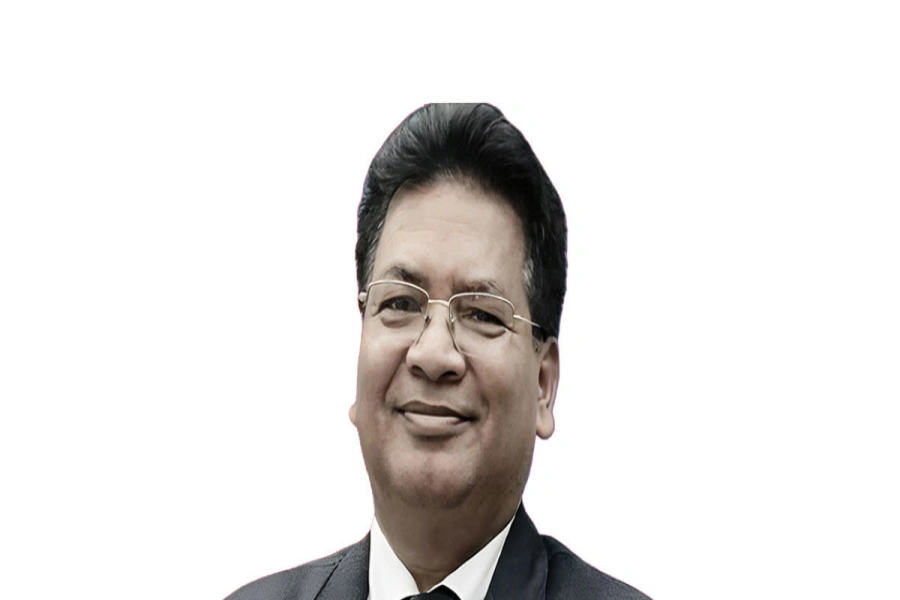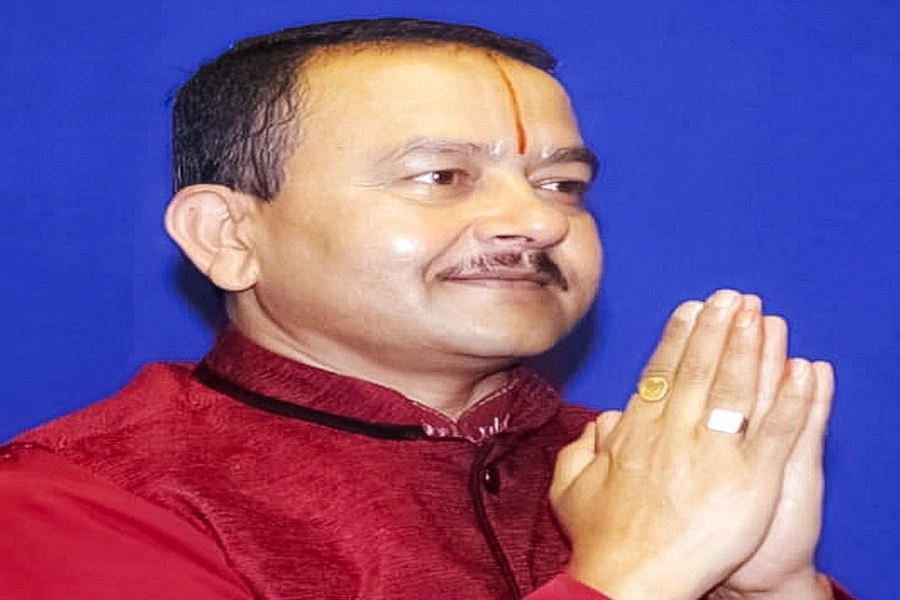RUPANDEHI, Aug 18: After being elected to the local government, the people’s representatives made one big announcement and that was to end caste-based discrimination in order to make Butwal ‘a city of humanity’. But in reality, caste-based discrimination is so pervasive here that even the elected representatives who happen to be Dalits are victims of cast-based discrimination.
Bina Darnal, a Dalit woman member of Butwal Submetropolis-19, is one among such victims. Her own voters often discriminate against her.
In last year’s local polls, she was elected a member the ward under the Dalit woman leader category from Nepali Congress (NC). While other representatives are given the best possible treatment wherever they go, Darnal is made to wash her cup by herself if high-class voters offer her tea. “I am invited to feasts and functions but I am not allowed to sit on a chair and instead asked to eat my meal on fields and floors,” she laments. For her, fetching water from a drinking water tap used by the so-called high caste people is a big challenge.
Policy exists to eliminate caste discrimination, but commitment...

Sometimes her neighbors prohibit her from attending some functions stating her touch will make everything impure. However, she is not the only one to face the deep-rooted caste-based discrimination.
The situation of Yamkali Sunar, a Dalit woman member of Butwal-17 is no different. Sunar who runs a shop in Motipur says some customers have returned their goods after finding out her caste. Despite having 100% literacy rate, untouchability is deep-rooted in Butwal.
According to a lawmaker of Province 5, Kamaladevi Bishwakarma, earlier only illiterate people used to discriminate against Dalits but now even educated people encourage the practice. She stressed that people of the poor and marginalized communities need to fight for their rights. “If representatives, journalists, teachers are facing discrimination, we can only imagine how difficult it would have been for the common people to tackle caste-based discrimination,” Bishwakarma said, adding, “The government must take a major step to abolish untouchability.”
Even the local government has not prioritized the cases of Dalits, accuse representatives who belong to this community. It is very challenging for people of this community to rent rooms or buy land. “Dalits are compelled to face discrimination at every single step, wherever they go,” said Gomti Sunar, a member of the judicial committee of Butwal, adding, “But they can do nothing about it.”
Gomadevi Acharya, deputy mayor of Butwal, says it is a shame that untouchability is still prevalent in a literate city like Butwal. “It is a serious crime and deserves legal action,” she said, adding, “I have decided to take this to the next municipal assembly.” In 2001, Butwal was declared free from caste-based discrimination. But even so many years after the declaration, Dalits are still oppressed and socially boycotted here.
The Muluki Ain 1963, banned untouchability in Nepal. As per the law, people discriminating against others for their caste will be subjected to legal punishment. They might be jailed for three years and fined Rs 25,000. But still not many cases of Dalits are reported or highlighted.





-1200x560-1772467693.webp)





























